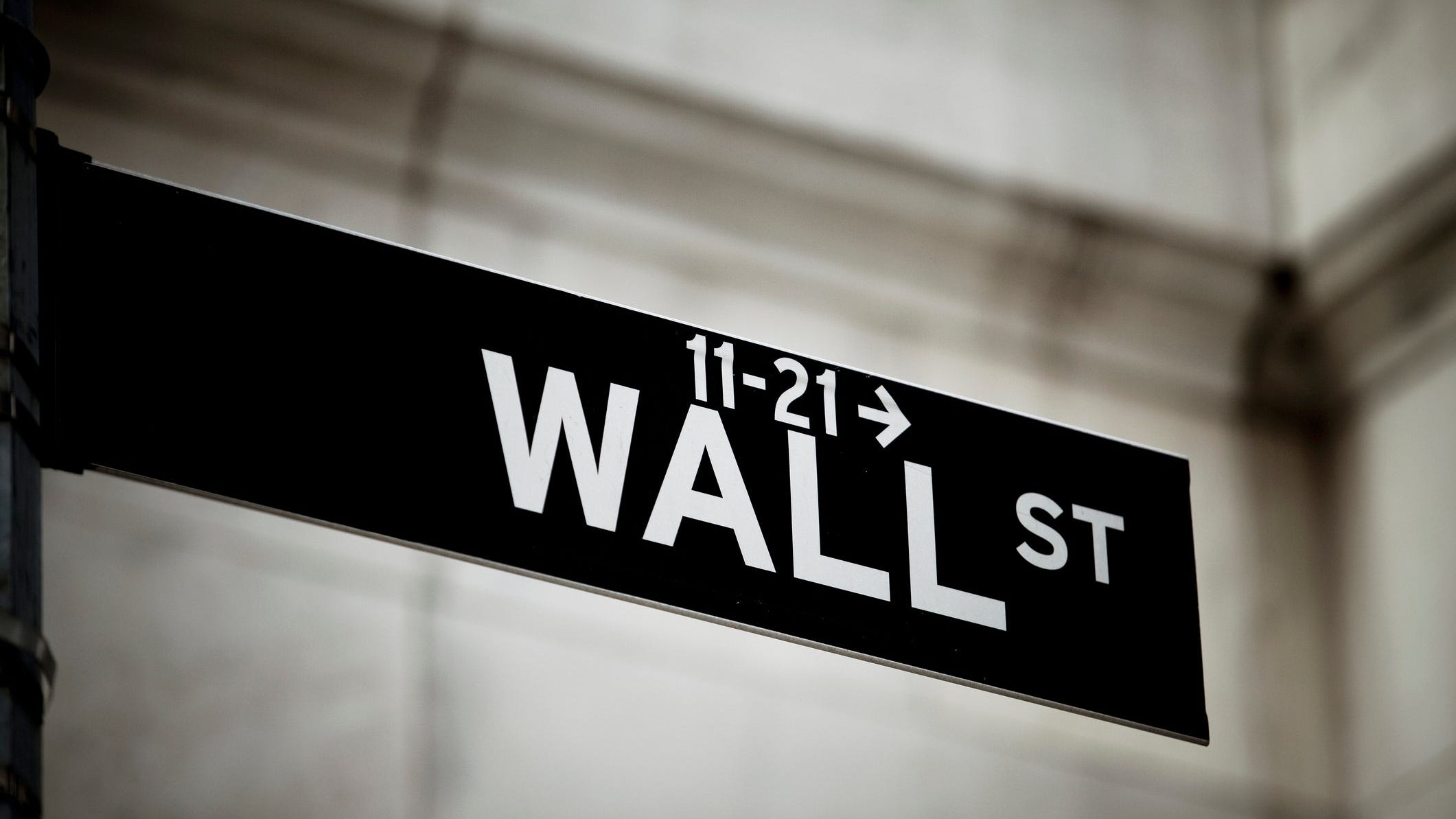CLOSE
GameStop came first, followed by silver. One short squeeze at a time, Reddit users are putting hedge funds to the test. Here’s everything you need to know about it.
TODAY IN THE USA
On Wall Street, stocks ended the day down as bond yields fell again and investors became wary after the market’s recent run of new highs.
The S&P 500 index lost 0.9 percent, pulled down by a wide sell-off led by technology, financial, industrial, and communication firms. The decline comes a day after the benchmark index set its ninth all-time high in nine trading days. After falling to 1.32 percent the day before, the yield on the 10-year Treasury note dipped to 1.30 percent, the lowest level since February. As traders shift money into bonds, the benchmark yield, which is used to calculate rates on mortgages and many other types of loans, has been slowly declining in recent weeks. At the end of March, the 10-year yield reached 1.74 percent. The largest settlement ever reached by Robinhood: In a world-record settlement, a brokerage was fined $70 million for disruptions and deceiving consumers. For months, the bond market has been expressing concerns about the recovery’s vigor, namely that it may have peaked and is now slowing to a more steady pace. Analysts believe the stock market has generally ignored those signals, but that this may be changing in light of slowing job growth and weak economic data. “You can’t ignore what the bond market is saying us,” TD Ameritrade’s head strategist J.J. Kinahan said. The S&P 500 index dropped 37.31 points to 4,320.82 points. To 34,421.93, the Dow Jones Industrial Average fell 259.86 points, or 0.7 percent. The Nasdaq composite fell 105.28 points, or 0.7 percent, to 14,559.78, ending a three-day streak of closing highs. (Photo courtesy of Getty Images) ) Investors’ expectations for inflation and economic growth tend to move in lockstep with longer-term yields, and both are currently quite strong and substantially higher than they have been in previous years. As the economy goes past the initial catapult phase of its recovery from the pandemic, Wall Street increasingly feels they’ve already peaked. Two recent surveys, for example, showed that the manufacturing and services sectors are still expanding, although at a slower pace than in prior months and below economists’ estimates. Even though the economy and job market appear to be recovering from the coronavirus recession, the Labor Department reported on Thursday that the number of Americans filing for unemployment benefits increased marginally last week. Jobless claims were 373,000 this week, up 2,000 from the prior week. Weekly applications, which are a good indicator of layoffs, have been progressively declining this year after peaking at over 900,000 at the beginning of the year. COVID-19 versions stymieing a rebound in commerce and tourism are also weighing in on investors’ minds. Following a state of emergency declared to combat growing coronavirus infections in the capital, fans are barred from attending the Tokyo Olympics. Investors swiftly reversed bets that long-term bond yields would continue to rise as the economy continued its rapid recovery, which contributed to the dramatic decline in long-term bond yields. Investors have oscillated between optimism about an economic rebound and apprehension that the Fed and other central banks may reduce support to ease price pressures. Officials are getting closer to lowering bond purchases, according to minutes from the Fed’s June meeting, though most analysts don’t expect a reduction until late this year. At that meeting, policymakers announced that interest rates would be raised as soon as 2023, a year sooner than originally anticipated. “It’s a little bit of a calm moment,” Kinahan said, “so any piece of Fed news will be welcomed with tremendous emotion.” “It’s essentially a guessing game as to what the Fed will do next and how to anticipate it.” The S&P 500’s greatest loses were railroad stocks. Thursday, following a report that the Biden administration planned to sign an executive order next week instructing authorities to take action against railroad and ocean shipping industry consolidation and anticompetitive pricing. The Wall Street Journal cited an unnamed source familiar with the matter in their report. The S&P 500’s biggest loser was Kansas City Southern, which fell 7.9%. CSX was down 6.2 percent, Norfolk Southern was down 7.2 percent, and Union Pacific was down 4.4 percent. Beginning next week, when large banks like JPMorgan Chase, Goldman Sachs, and Bank of America announce their results, investors will be focused on corporate earnings. Because banks are sometimes used as a proxy for the entire economy, investors will be attentively examining the reports and listening to what banks have to say about lending and expenditure as the recovery progresses. http://www.usatoday.com/story/money/markets/2021/07/08/stock-market-dow-drops-450-points-investors-turn-cautious/7900792002//n
Read More




